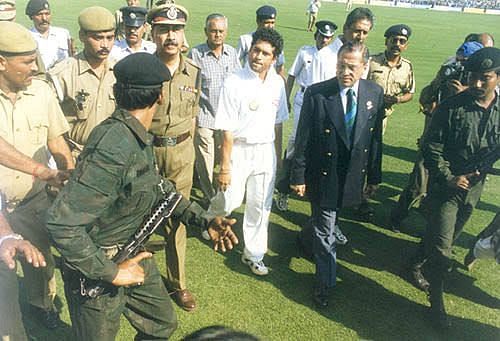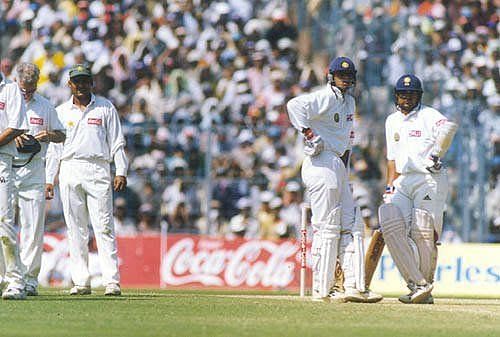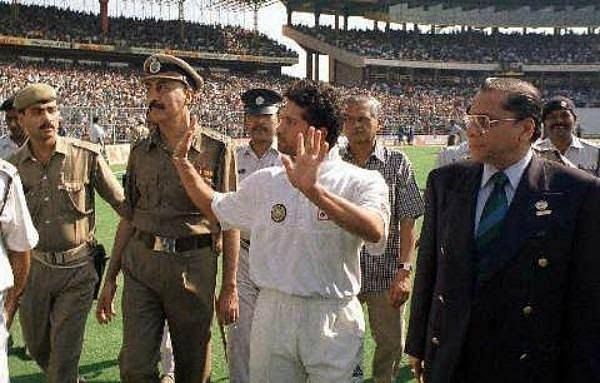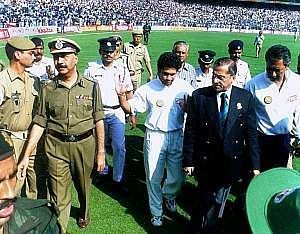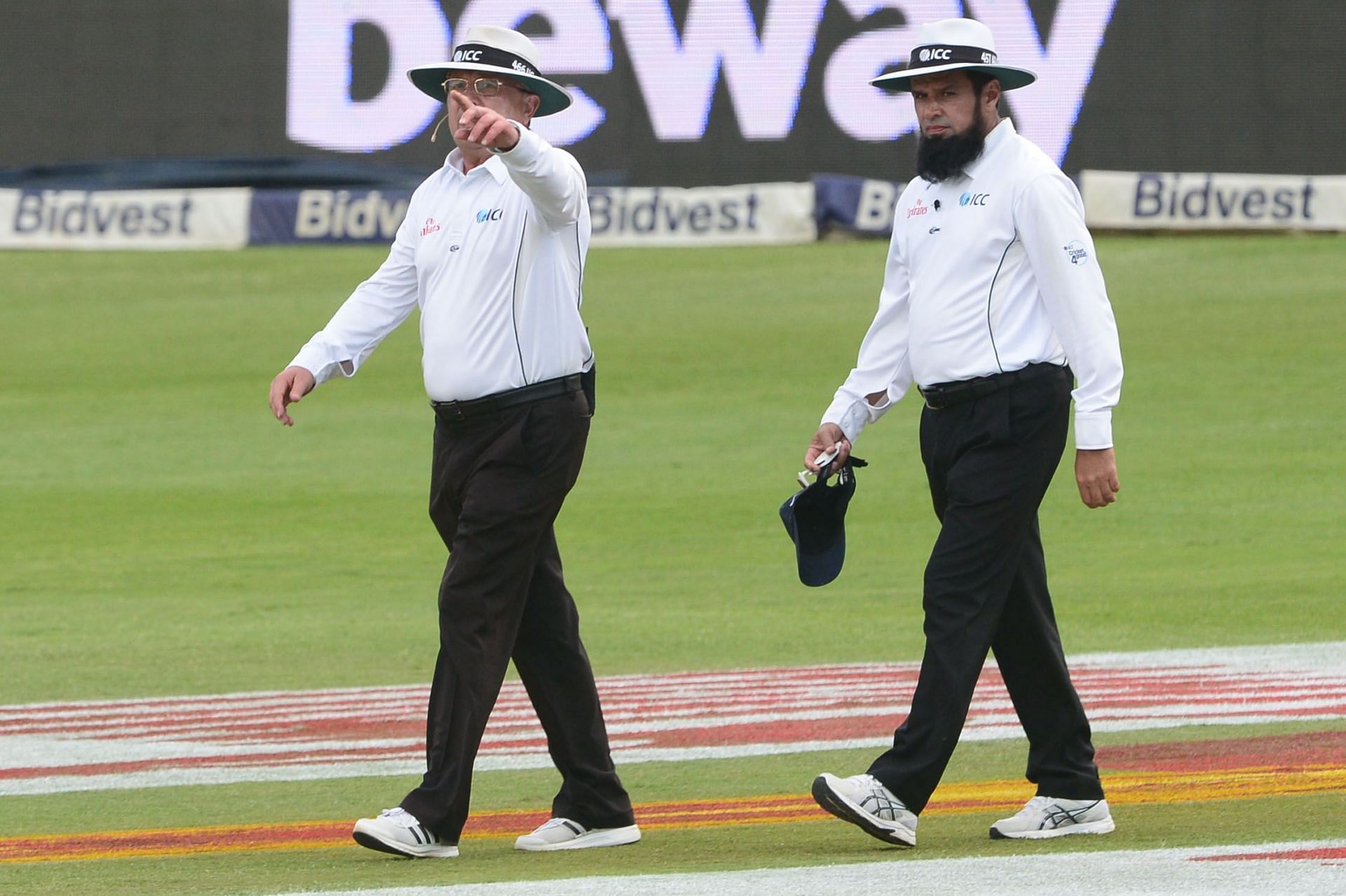
3 times umpiring decisions cost India a match

India have been one of the heavyweights in cricket for quite some time now. Aside from building an absolute fortress at home, they have also enjoyed plenty of success away from home, especially in recent years.
However, like any other team, they have also faced heartbreak due to a multitude of reasons. While being outplayed by an opponent is inevitable at times, it certainly hurts when teams find themselves on the backfoot due to umpiring decisions not going their way.
Assuring that the game is played in a fair and sporting way is one of the umpire's primary objectives in cricket.
While it may seem easy, umpiring is an extremely difficult job. Before being eligible to officiate in a match, a prospect needs to go through rigorous practical, theory and viva exams. Officials typically start at the local or state level before being allowed to officiate in international games.
The umpires' job is to ensure the game proceeds smoothly while making important decisions and ensuring the rules are followed throughout the match. With the rise of technology in cricket, their roles may have been minimized but they remain an integral and respected part of the sport.
Despite the rigorous vetting process in place, umpires occasionally make debatable decisions that have an impact on the result of a game. After all, umpires are ultimately only human, and humans make mistakes.
But what if those errors occur during a game or series where the stakes are high? On that note, let's take a look at the three times an umpiring decision has cost Team India a match:
#3 Tendulkar's 'shoulder before wicket' by umpire Daryl Harper
Umpire Daryl Harper rendered a contentious decision during the 1999 Indian tour of Australia that remains infamous in the minds of cricket fans.
Chasing 396 runs for a win in the first Test in Adelaide, India lost three wickets for only 24 runs. Star batters Rahul Dravid and VVS Laxman were among those back in the pavilion early on.
This led to Sachin Tendulkar, who was India's highest run-getter that year, walking out to the middle. In the ninth over of the innings, he faced Australian pacer Glenn McGrath, who banged in a short ball.
Tendulkar anticipated that the delivery would bounce and decided to duck but the ball stayed low and struck the Indian batter's shoulder. Daryl Harper, the umpire, adjudged Tendulkar to be out after the Australians appealed for an LBW.
Harper's decision was viewed by many as extremely controversial. The judgment not only involved India's best batter, but it was also uncertain if the ball would have knocked off the stumps.
The ball appeared to have missed the stumps in further replays, but the call stood. India were eventually bowled out for a paltry 110, losing the match by a mammoth 285 runs.
#2 Tendulkar given run-out after a collision with Akhtar
Another debatable decision which involved Sachin Tendulkar occurred during the first Test between India and Pakistan at the Eden Gardens in Kolkata in 1999.
When the aforementioned incident took place, the hosts were set a target of 279 runs to win the match on the fourth day.
They appeared to be in control at 143/2 in the 43rd over bowled by Wasim Akram. Tendulkar flicked the bowler to deep mid-wicket and completed two runs before returning for a very comfortable third.
Nadeem Khan, the replacement fielder, picked up the ball and fired it at the stumps. Shoaib Akhtar unexpectedly emerged in the frame just as Tendulkar got to his crease, colliding with the batter who was standing a foot outside the crease. The brief pause was enough for the ball to crash into the stumps.
In the presence of umpires Steve Bucknor and David Orchard, the right-hander was adjudged as run-out. Consequently, the Kolkata crowd went berserk and threw plastic bottles and articles on the ground.
Tendulkar then needed to come out and take a full round of the ground to pacify the spectators. Play eventually resumed, but in an empty stadium. Tendulkar's dismissal triggered a batting collapse, as India lost their next eight wickets inside 87 runs to suffer a 46-run defeat.
There was a good chance that the game might have gone in the hosts' favor had Tendulkar stayed at the wicket for a little longer.
#1 Umpiring debacles during the 2008 Sydney Test
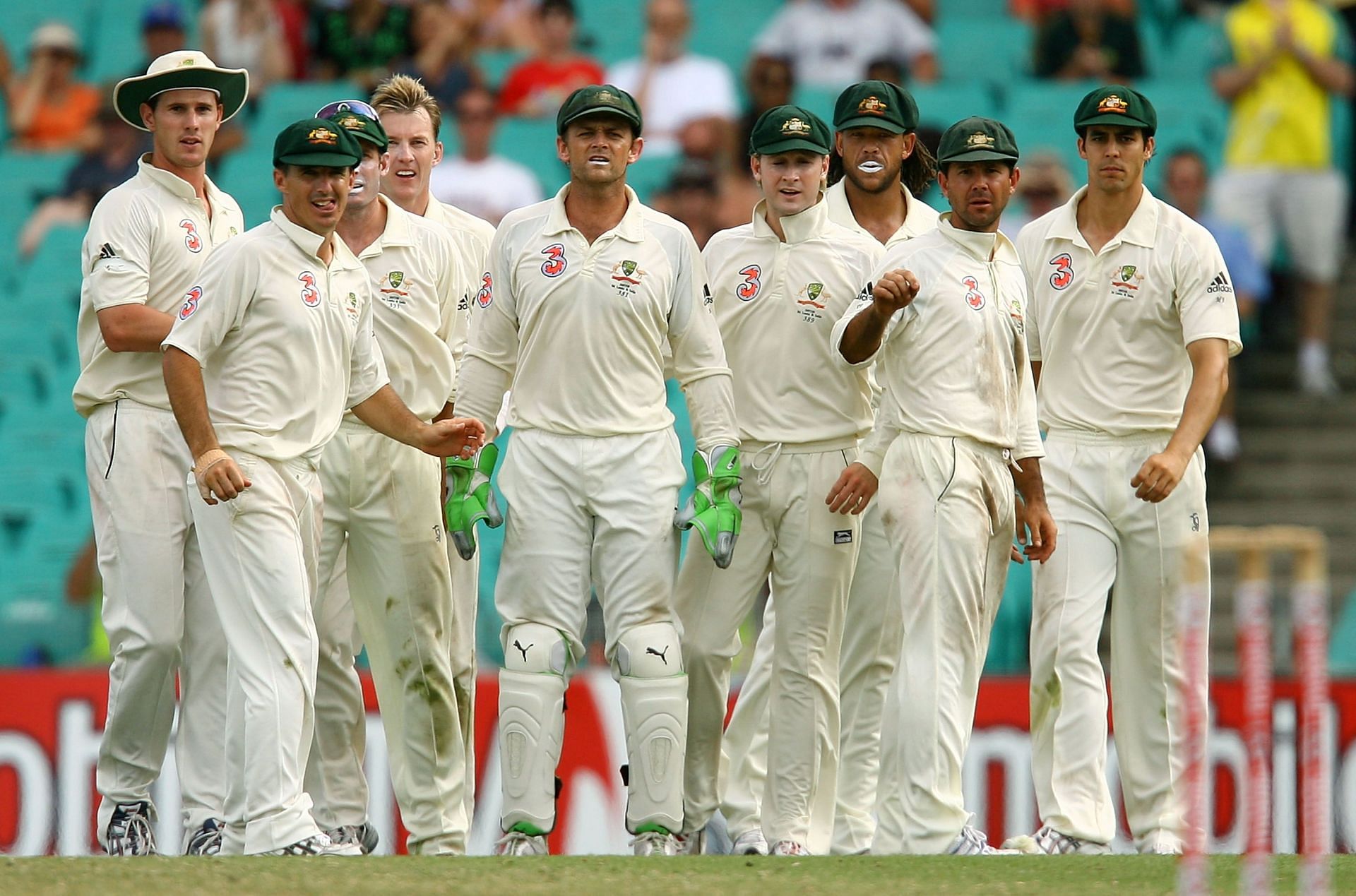
India's tour of Australia in 2008 attracted a lot of stories in the media. The second Test in Sydney is largely remembered for the "Monkeygate" incident between the late Andrew Symonds and Harbhajan Singh.
The Test also witnessed several controversial and erroneous umpiring calls by Steve Bucknor and Mark Benson. Almost all of those decisions went against the visitors.
Eventual Player of the Match Symonds could have been out on three separate occasions in the first innings. It seemed like everyone in the ground heard him edge an Ishant Sharma delivery, except the man who mattered most: umpire Steve Bucknor.
This was followed by MS Dhoni's stumping appeal that Bucknor refused to even refer to the third umpire. Symonds was clearly out of his crease based on the replays.
The former all-rounder's foot was in the air during another stumping appeal, but the TV umpire fallaciously ruled that he was not out.
There were other such umpiring gaffes in that match as well. Australian captain Ricky Ponting nicked a ball down the leg side, but umpire Mark Benson denied India's appeal for a caught behind.
In the Indian innings, Mark Benson gave Wasim Jaffer out off a no-ball by Brett Lee. Bucknor then gave Rahul Dravid out caught when his bat was firmly behind the pads and nowhere near the ball.
There were a number of howlers in that game, but one of them stood out the most. In the second innings, Benson asked Ponting if Michael Clarke had caught a ball that appeared to be hitting the ground as he was unsure.
The home skipper responded without hesitation that Clarke caught the ball cleanly, and Benson made no effort to use his own judgment to confirm it. As it turned out, it wasn’t a clean catch after all, which could've come to light with a check by the third umpire.
Countless umpiring errors, the majority of which went against them, infuriated the visitors as they ultimately lost the Test by 122 runs.

